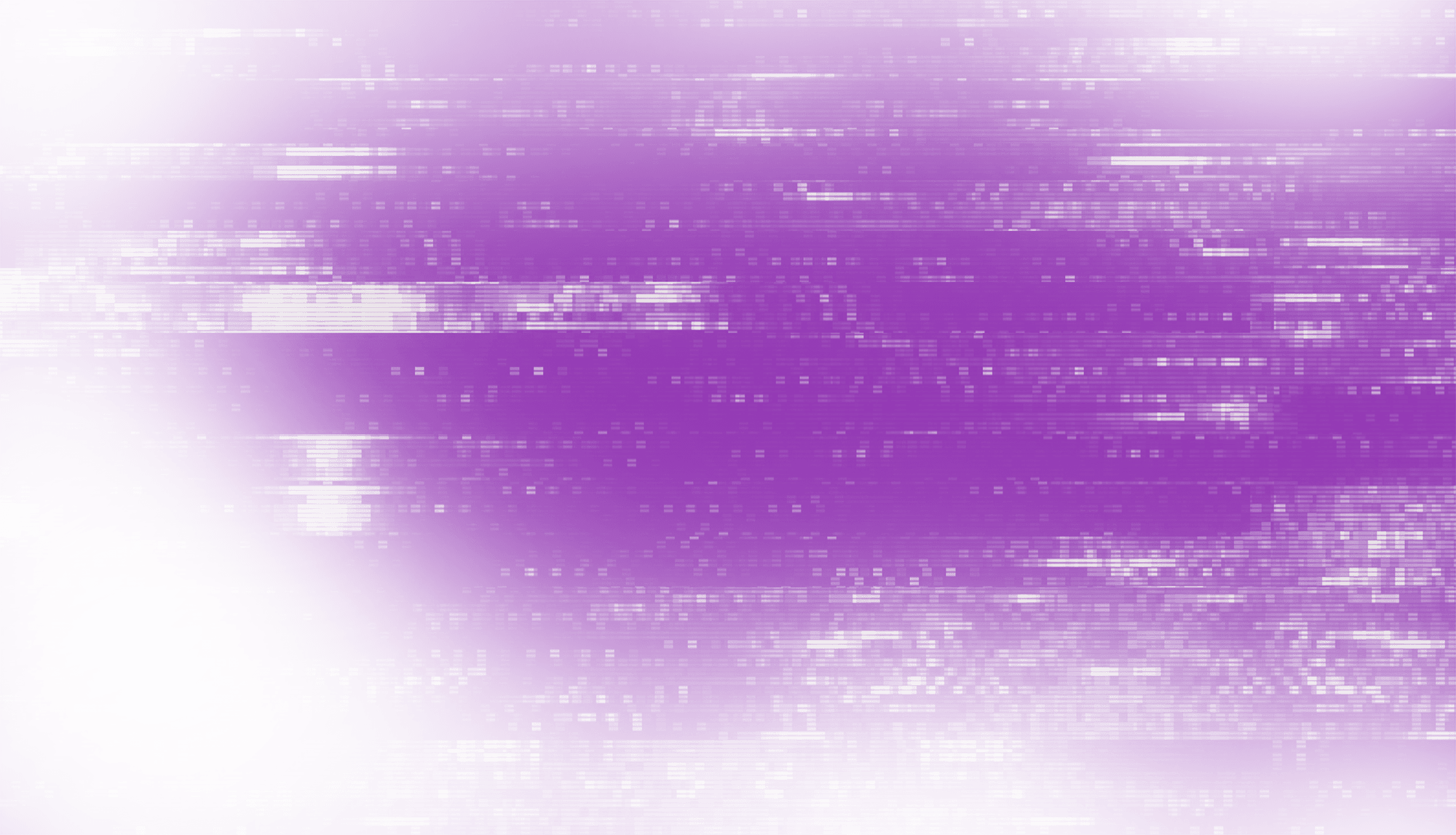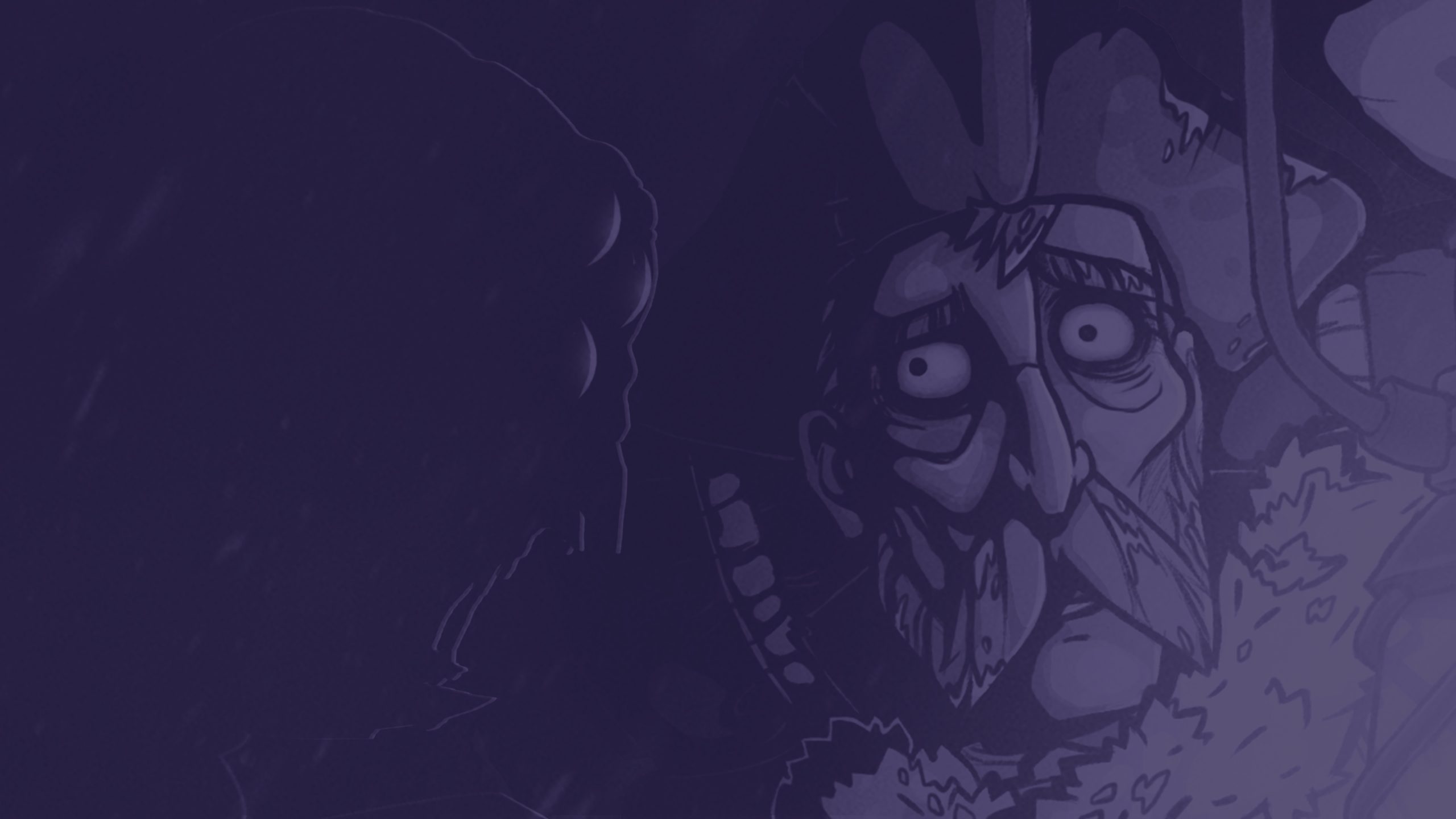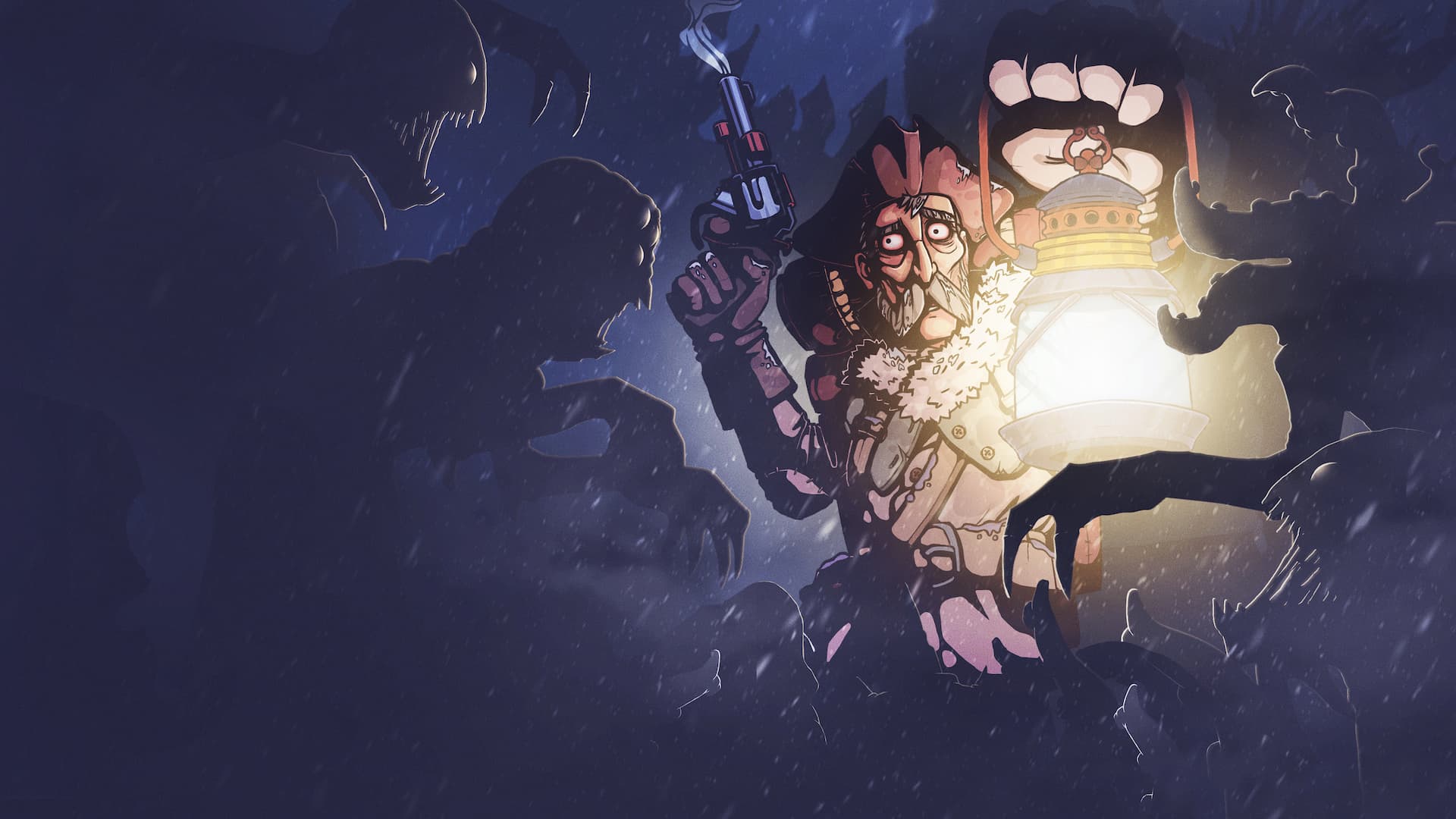



‘When The Light Dies’ is Coming Soon to Steam!
Hear the story behind When The Light Dies, a brand new ‘PQube Original’ project coming soon to Steam.
When the Light Dies is a survival game with roguelite elements set in a desolate, frozen wilderness. Step into a murky world of shadow and obscurity as a lone survivor fighting to keep the darkness and the horrors that lurk within at bay.
Repel monstrous hordes – Utilise an arsenal of weapons to hold back waves of foul creatures closing in from all directions.
Keep the light burning – Light scattered firepits and refill your oil lantern to stave off the encroaching darkness. As the light levels drop so does your sanity, resulting in faster and more deadly adversaries.
Survive a hostile environment – Manage your temperature and hunger gauges and be mindful of the adverse effects of frostbite and malnutrition.
Scavenge the wastes – Search a nightmarish, procedurally generated world for precious supplies. Consume food to stay healthy and read books to calm your feverish mind.
Grow your power – Absorb the souls of the slain and unlock powerful new abilities. Pin, reroll, and stack upgrades to develop your character as you choose.
Cast forbidden dark magic – Gain eldritch knowledge and expend sanity to unleash cosmic blasts, baleful flames, and unholy healing spells.
The stars will align – Death is not the end. Look to the night sky and chart a course through strange and esoteric constellations to gain permanent stat buffs and abilities.
Dare to Gaze Upon the 'When The Light Dies' Announcement Trailer:
Read our interview with Producer Harrison Lewis to get a sneak peek of the horrors that lie in wait…
Q: What drove PQube to create a game like ‘When The Light Dies’?
Harrison: When the Light Dies happened due to many lucky coincidences. We had the idea for our own project but wanted to work with people we have enjoyed collaborating with. It just so happened that Electric Monkeys wanted to create exactly the kind of game we had in mind, and we just knew they’d be amazing at it too. We’ve worked together previously and were excited to take our working relationship to the next level. Slowly but surely, a little project of our own, which came to be called When the Light Dies, started taking shape.
Q: What was the concept/inspiration for the game?
Harrison: Much like everyone else, we got caught in the Vampire Survivors hype – how could we not? Our obsession didn’t stop there, and for a while, pretty much all we played and researched were survivors-likes! I eventually spoke to Hugo from Electric Monkeys and quickly realised that 20 Minutes Till Dawn had a special place in our hearts. We loved having more control when it came to shooting and movement than what was previously available in the genre and wanted to create something more friction based.
Our goal was to add something different to this genre, something meaningful and unique, and that’s when I came across the book. I was reading The Terror by Dan Simmons when discussions about When the Light Dies began, a fictionalisation of the 1840s expedition to the Northway Passage that ended in horror and despair. We both fell in love with the idea of our character being stranded alone in the darkness and hunted by … something. That’s how the idea for When the Light Dies was born.
Q: Who are the developers and why did we pick them to work with on this project?
Harrison: Electric Monkeys is a young game studio in São Paulo, Brazil. We work closely with the group who previously worked on the PQube-published Gravity Heroes and have since formed a 3-person team to work on When the Light Dies. Together with Josiel, aka Zyel, (lead developer), Liferson (lead pixel artist), and Hugo (game designer, product manager, and co-creator of Electric Monkeys), we are having the best time working on the project just like we did with Gravity Heroes. They are not just incredibly talented but super fun to be around too.
Q: What is the creative process like?
Harrison: Working on When the Light Dies has been an incredible collaboration. The team’s size, eagerness, and creativity allow for a super-fast development cycle. During development meetings, we generally meet somewhere in the middle and make suggestions on the PQube side that Electric Monkeys put into practice and see what they can come up with. And we have not been disappointed! The team is fantastic; we are as enthusiastic about the genre as anyone, and I hope the Survivors’ community likes our unique approach to the formula.